
Compliant or Complacent? The ICO’s Data Protection Standards Could Prove You Wrong
Your organisation’s reputation takes years to build, but only moments to destroy. From one small mistake, like sending an email to the wrong client or

Your organisation’s reputation takes years to build, but only moments to destroy. From one small mistake, like sending an email to the wrong client or

A Legal Analysis of PECR and UK GDPR Enforcement (2019–2025): A Warning to Data Controllers on the enactment of the Data (Use and Access) Act.
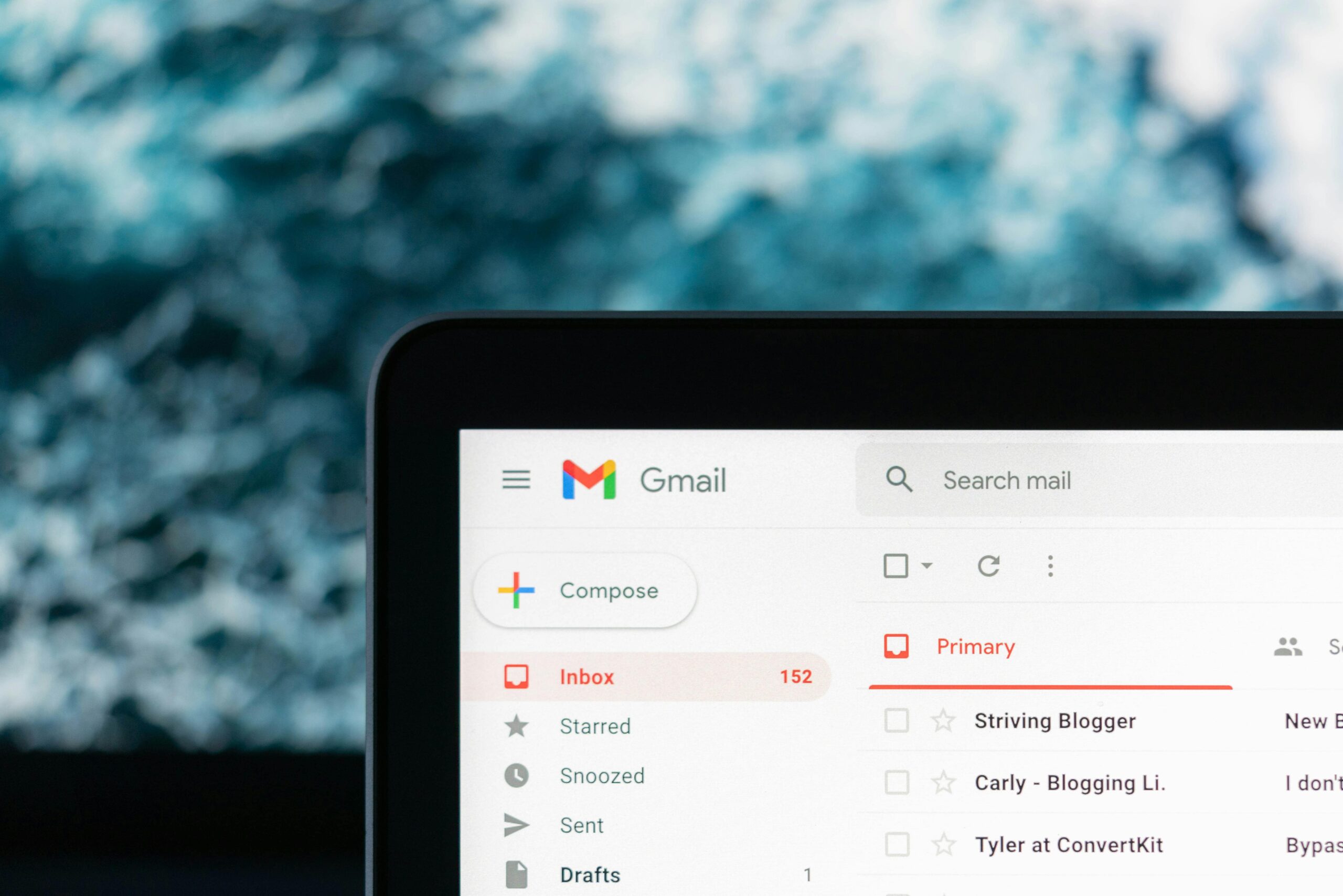
I’ve been following a story that’s deeply troubling, and I think it’s a crucial lesson for anyone who handles sensitive data. Channel 4 recently reported

If you’re unfamiliar with the phrase ‘Internet of Things’, you’d be forgiven for having no idea what it could possibly refer to. It does sound

If ‘Black Mirror’ has taught us anything, it’s that technology is only as smart, or as dangerous, as the people using it. Some may say

Have you noticed a sharp increase in how often you receive these spam messages, emails and calls in the last few years? I have, too.

There’s something that feels a little funny about giving these details out verbally, where the people around you can overhear.
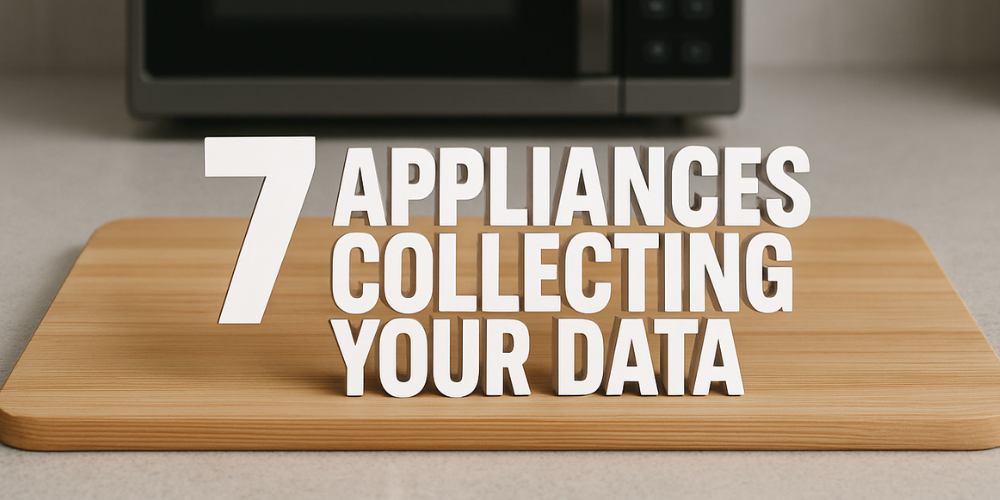
Your fridge is the last thing you’d expect to be spying on you.
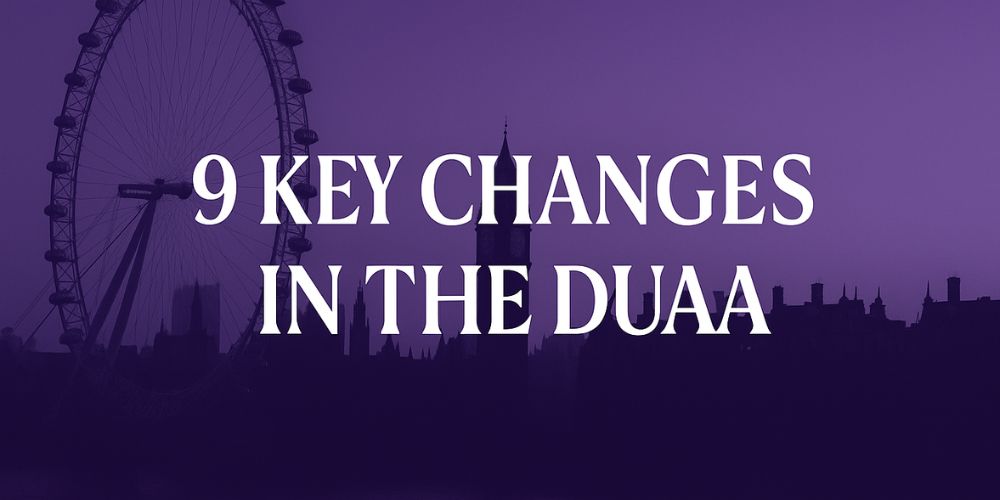
While by no means an exhaustive breakdown of every change, this guide provides a snapshot into some of the key changes.
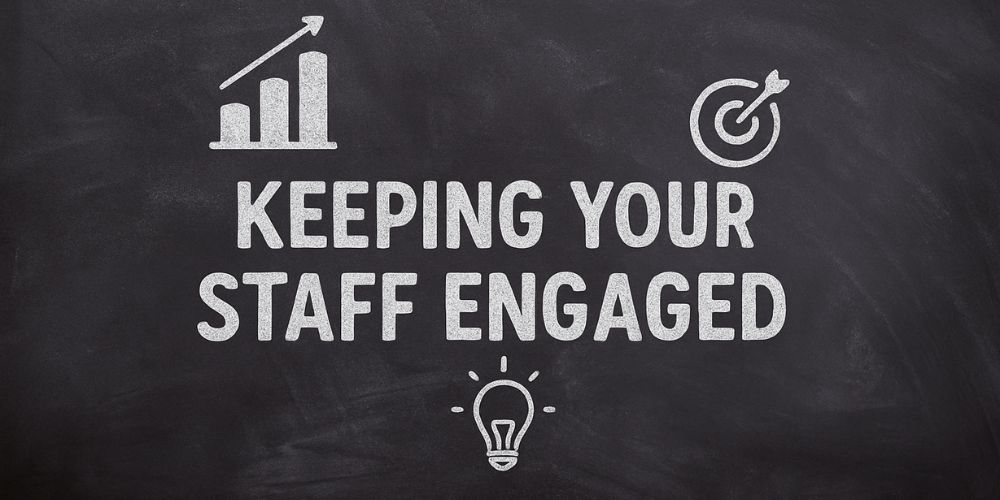
Off-the-shelf courses are often too generic. Staff quickly disengage, and the training is forgotten as soon as the browser is closed.
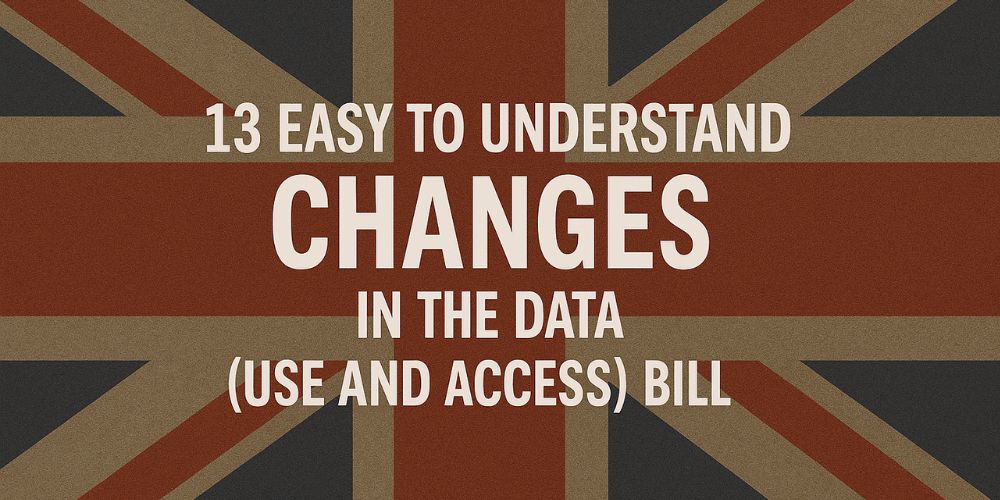
As we can now expect the bill to come into law very soon, here are 13 of the bill’s most interesting key changes that you’ll want to know.

In this blog post, we reflect on the milestones, challenges, and evolution of the GDPR from 2018 to 2025.
